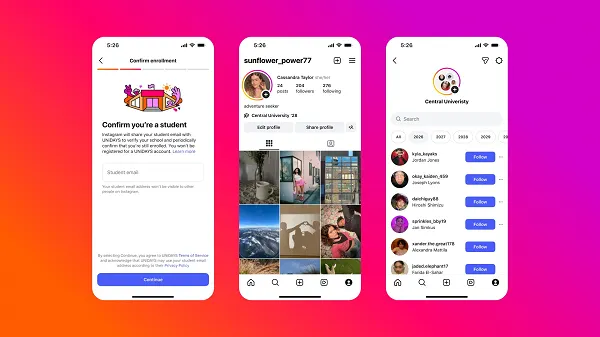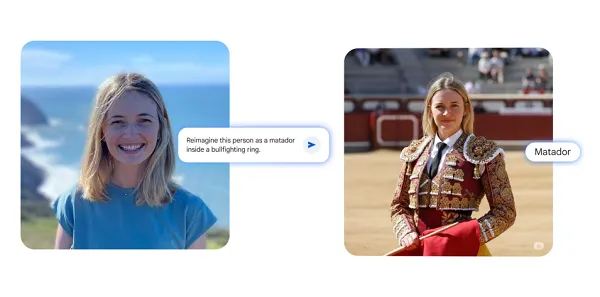Schick veers from Gillette's 'better man' approach in first work from Partners & Spade
Seeking to stop share losses, Edgewell rebrands Schick with documentary style look at how guys really talk about shaving.

Schick is rebranding with a campaign from new agency Partners & Spade that focuses on ordinary guys being themselves, departing from a category history of ads that focus on making razor buyers into better men.
Subscribe to Ad Age now for the latest industry news and analysis.
Shick’s campaign is titled “Be You. No One Else Can.” It starts with a 60-second black-and-white documentary-style spot from director Mike Mills featuring a diverse group of ordinary guys talking about why they shave—or sometimes don’t.
“As we looked across the grooming category, we saw brands were typically telling guys how to be or representing a certain fantasy or archetype,” said Matt Bell, senior VP of Schick. “We didn’t see anybody who was really just showing guys for who they are.”
Edgewell research found eight in 10 men don’t want brands telling them how to be an individual, while 85% prefer to see ordinary people depicted in ads.
While there’s been a long-term trend toward men shaving less, men returning to work outside the home, or just going out more as the pandemic fades, is also having an effect, Bell said.
“We’re also seeing a trend where people are just less clean-shaven,” he said. “They’re still shaving. They’re just shaving differently, so they may have stubble a few days and then go clean-shaven. So they need to right products to allow them to go back and forth.”
Schick needs to shake up the category routine, as it faces a growing threat from Unilever’s Dollar Shave Club and Harry’s, both value brands, to knock it from its No. 2 spot. All three remain far behind Procter & Gamble Co.’s Gillette in men’s razors and blades.
Schick slipped to 13.1% share of all U.S. men’s razors and blades spending, including disposables, in the 52 weeks ended Jan. 30, according to Numerator data capturing online and offline sales from its panel. That's down from 13.5% the year before and 15% the prior year.
Gillette has given up more than five share points the past year, slipping to 49.4%, as Unilever’s Dollar Shave Club, which has been moving into offline retailers the past year after long-existing only online, more than doubled its dollar share the past year to 10.6%.
Gillette has a history of advertising on themes of elevating men through superior blades. That ranges from its decades-ago “Best a Man Can Get” campaign to a 2019 take on bullying, sexism and other aspects of toxic masculinity. Its recent Super Bowl ad showed a man magically made over in part with his exfoliating razor. Dollar Shave Club’s latest in-house ad shows a man whose shave is so clean it provokes a group of otherwise menacing Mafioso to begin rubbing his face.
The inaugural ad of Schick’s campaign by contrast shows a handful of guys talking, apparently unscripted, about why they shave, don’t shave so often, or how they grew up thinking about shaving.
The agency behind it, Partners & Spade, could hang on for the long term, Bell said, as he expects the new campaign to last. But he noted the brand has a history of working with different shops.
Get your ticket for the April 5 Ad Age Next: Retail event at AdAge.com/NextRetail.
“We were really looking for a fresh approach to the category,” he said. “We were not seeing anybody talking to guys as authentically as we wanted to. And so we reached out to them to have a new voice in the category.”
The campaign dovetails with a packaging redesign that includes a simpler sans serif font and white background that stands out from the darker trade dress of competitors.
Interpublic Group of Cos.’ MullenLowe previously handled Schick, but the brand hadn’t had much media support in the past year, getting only $1.6 million in TV spending since last March, according to iSpot.tv data.

 Astrong
Astrong 
































